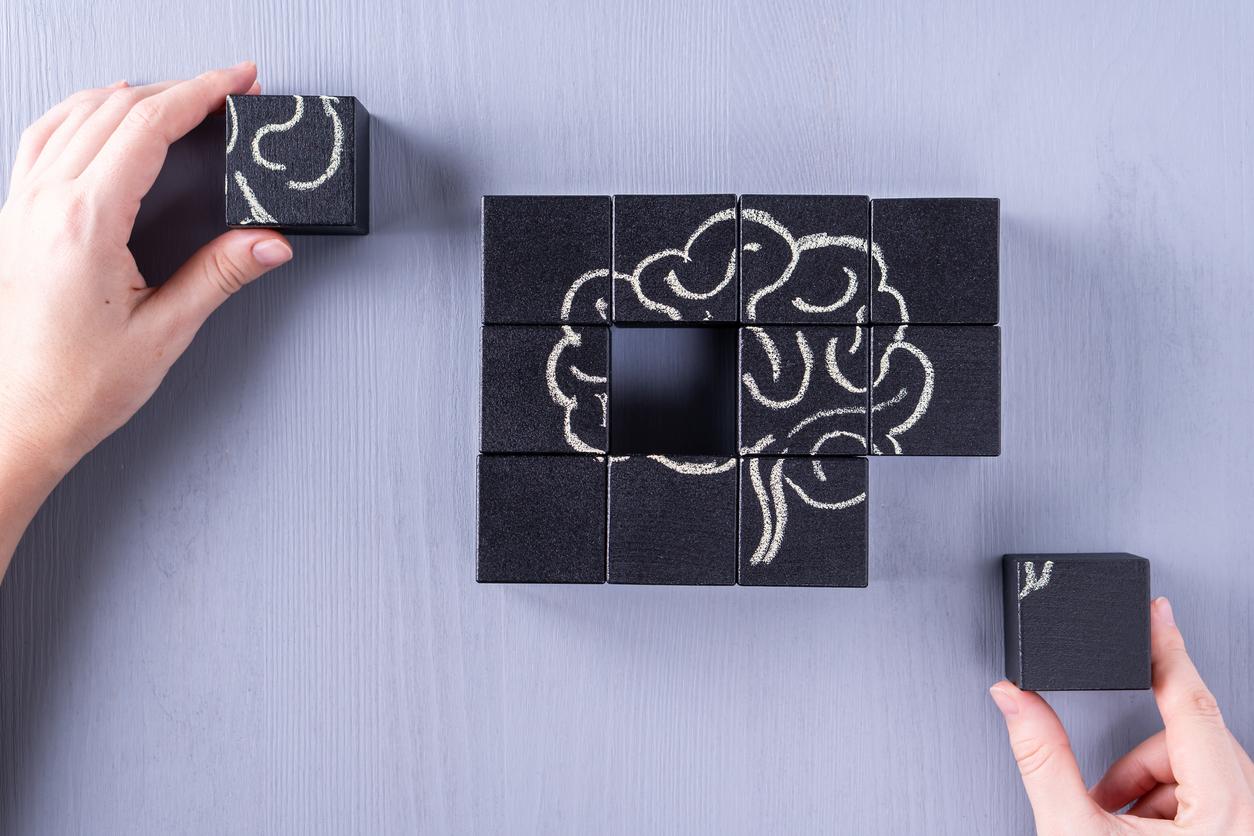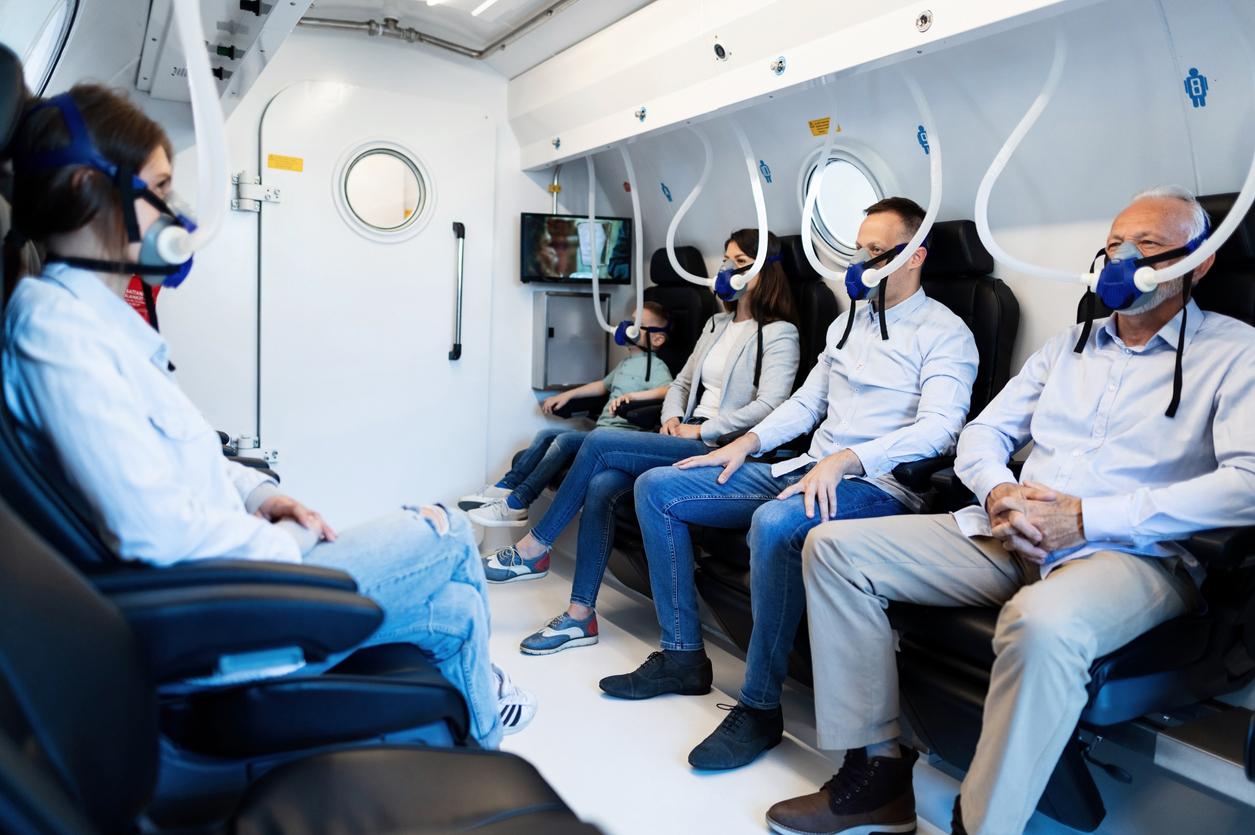Researchers have treated American soldiers suffering from post-traumatic stress through meditation. After three months of trials, the method is as effective as the therapies.

14% of American soldiers returning from Iraq or Afghanistan suffer from post-traumatic stress disorder. This anxiety disorder occurs after a traumatic event (car accident, attack, death of a loved one…).
To treat it, doctors rely on drug therapies and treatments, antidepressants in most cases. Exposure therapy is one of the most frequently used techniques: the patient is gradually exposed to the memories associated with the traumatic event (images, noises, smells, etc.) so that they no longer have the same impact on them. For some, it is very effective, but between 30 and 44% of patients interrupt the current therapy. A recent study published in The Lancet Psychiatry demonstrates that meditation would be just as effective.
New: Non-trauma-focused meditation versus exposure therapy in veterans with post-traumatic stress disorder: a randomized controlled trial.
https://t.co/6swCfUwnsx pic.twitter.com/UdFCdSbpl4— The Lancet Psychiatry (@TheLancetPsych) November 15, 2018
Fewer dropouts with meditation
This research, conducted by American scientists, mobilized 203 veterans, all suffering from PTSD. 68 took meditation sessions, 68 did exposure therapy and 67 took courses to explain to them what PTSD is. At the start of the study and three months later, the veterans spoke with a doctor and answered a questionnaire to assess their symptoms. Meditation is known for its ability to reduce hypervigilance and decrease anxiety, in this research it was practiced in groups.
After three months of study, this technique was as effective as exposure therapy, and fewer veterans gave up (25% versus 38% in the other group). For Anthony Barnes, one of the authors of this study, this method is very promising: “this technique can be used anywhere, anytime, without specialized equipment and without the need for individual support.” In some US military units, meditation is already used in addition to conventional therapies to treat PTSD.
Treating post-traumatic stress after the attacks
Since the attacks of November 13, 2015, the Assistance Publique – Hôpital de Paris (APHP) has been carrying out research on the management and treatment of post-traumatic stress. The “Paris Mémoire Vive” study is still in progress.
.

















